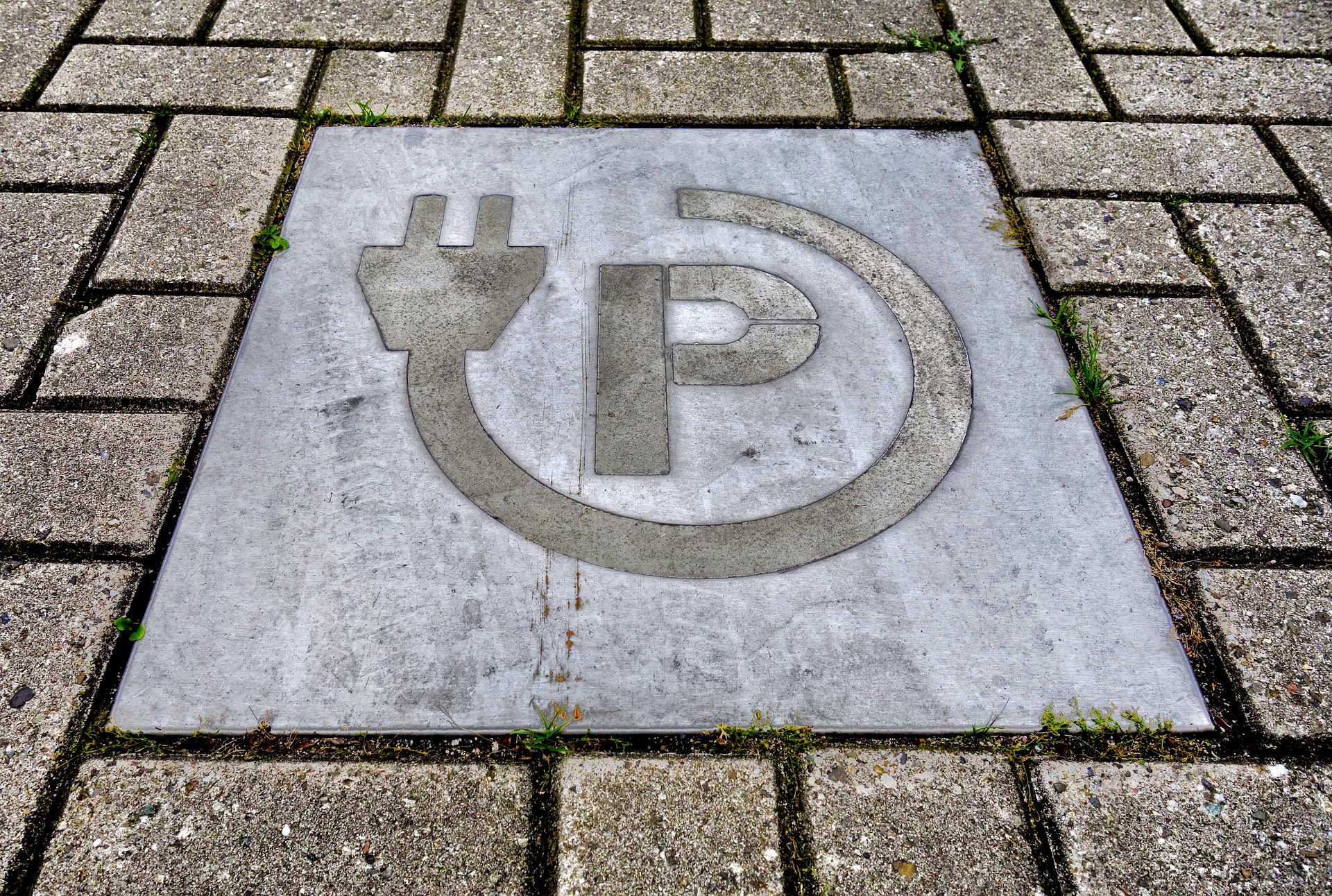
With the benefits of electric vans becoming increasingly clear, it’s no wonder their popularity is on the rise. For those within the motor trade industry and in fleet van management considering switching from diesel and petrol, it’s worth noting the benefits of going electric.
The UK government this month announced a £37m investment in projects aimed at improving electric vehicle infrastructure. The government’s new investment marks the first anniversary of the launch of the Road to Zero strategy, which wants ‘almost every car and van’ in the UK to be zero emission by 2050. For those in the commercial motor trade sector and fleet managers, is it really worth plugging in to the alternatives? Here’s the pros and cons:
PROS
Initial Outlay and Running costs – Currently there are loads of incentives out there for fleet managers to consider such as the government plug-in van grant. You can get a discount on the price of new low-emission vehicles through a grant the government gives to vehicle dealerships and manufacturers. There are reduced tax burdens for both business and private use and even grants towards the cost of workplace chargers.
Electric vans are substantially cheaper to run than diesel vans. Not only is the cost per mile of electricity ‘fuel’ lower, there aren’t as many moving parts, thereby lessening maintenance costs.
Quiet Please: Electric vehicles vans are much quieter than coughing diesel vans. In fact, most are virtually silent with just a low hum when driving. Aside from being comfortable for the driver, it also means that fleet van operators can operate out of normal hours (around the clock) avoiding town and city congestion times and thereby escaping noise complaints.
Going Green – Electric vans don’t produce any nasty CO2 nor NOx emissions. For those operating delivery vans, particularly in our towns and cities, this is a great way to improve air quality for the entire community.
Business Boost – A lot of people view companies adopting an electric vehicle fleet as being good corporate citizens, saving our planet and our environment. And that stretches to local authorities who are keen to promote environmental responsibility and sustainability. For example, London waivers the Congestion Charge for EV’s and there are even free charging ports in some places.
CONS
Pricey Purchase – Although cheaper to run, EV technology still utilises expensive parts and components, so it’s no surprise that the purchase price can be prohibitive for many fleet managers.
No Charge? – It can take a long time to charge an electric van (a three-pin plug may take a whole day) and you’ve got to find somewhere to do the charging, meaning fleet managers will have to plan ahead.
Going the Distance – Electric vans won’t travel as far as normal vans, meaning the driver may have to stop more often and it’s unrealistic for long-distance journeys. The average EV van distance on one charge is around 80 miles, but this also depends on cargo weight, individual driving styles and cold weather conditions.
Going Flat – As with all battery powered technology, your batteries will weaken over time, meaning they begin to hold less charge.